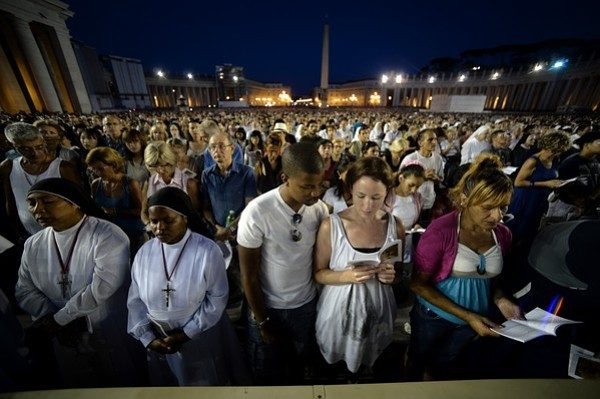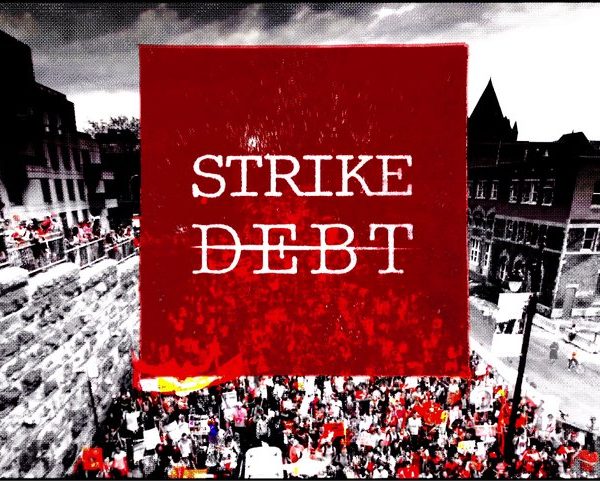
It’s become something of a commonplace among commentators and critics on both ends of the political spectrum to declare the death of the Occupy movement, whose campaigns against social and economic injustice and political corruption began to garner international attention in mid-2011. Although the last of the movement’s higher profile encampments were shut down in early 2012, it would be a mistake to conclude that Occupy is no more.
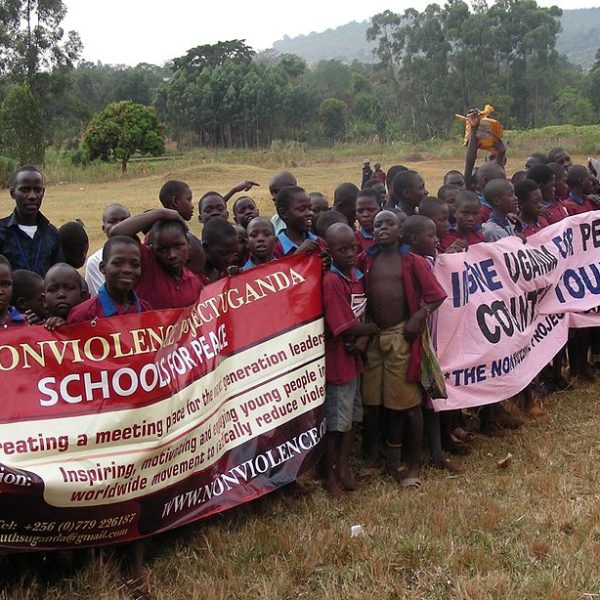
Nonviolence and pacifism are often pitted against one another, even though pacifism was once considered the activist term to distinguish it from nonresistance. Now, pacifism is thrown under the bus, even by vigorous advocates of nonviolence. For instance, Gene Sharp clarifies that nonviolent action is, appropriately, action that is nonviolent, as opposed to pacifism.
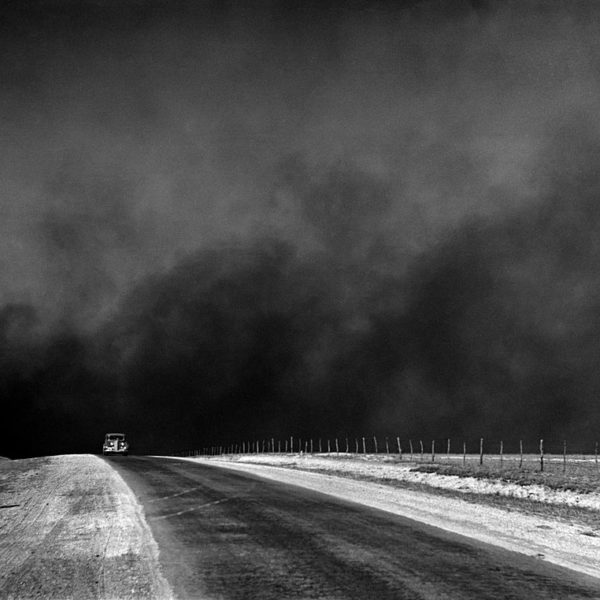
Here’s a brain-teaser for you. How does a recent PBS documentary about America’s “Dust Bowl” of the 1930s combine with a just-published book by one of the nation’s best-known venture capitalists to shed light in an unprecedented and powerful way on the government shutdown and the struggle over the debt-limit?
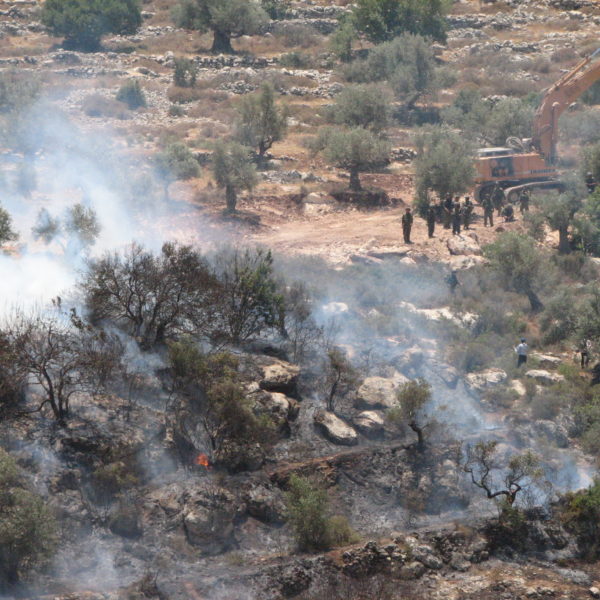
In 2008, I worked in Ramallah as a journalist and interim editor for the Palestine Monitor, a web-based news source committed to “exposing life under occupation.” I traveled throughout the West Bank, writing several articles about the village of Ni’lin, whose olive groves and roads are fractured due to the construction of the separation wall.
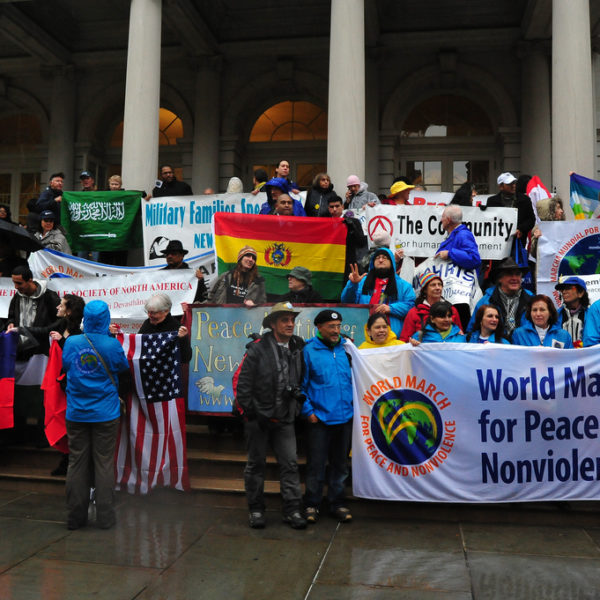
Apparently, nonviolence and democracy are strongly connected. Recent research suggests that nonviolent resistance campaigns are much more likely than violent ones to pave the way for “democratic regimes.” . . . But what, in the world, is democracy? The term resides in a restless spectrum, so perhaps the adjective democratic should be employed more than the noun.
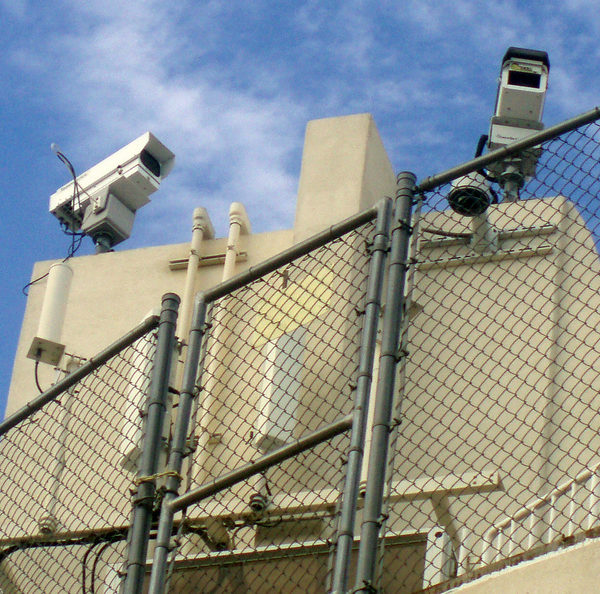
Over the last 6-7 years, a growing body of literature has coalesced around the idea of just intelligence theory. The burgeoning interest has resulted in the establishment of the International Intelligence Ethics Association, as well as the attendant International Journal of Intelligence Ethics. As a sub-specialty of intelligence ethics, its aim has been to integrate just war theory with intelligence collection, national security policing and domestic counterterrorism – subjects that fall in a murky “middle ground” between external and internal opponents.
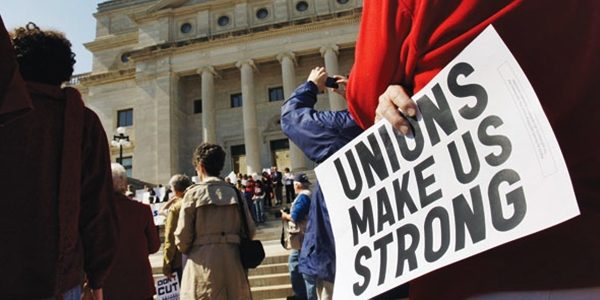
A week ago Monday, in the United States and Canada, we celebrated Labor Day, a holiday established to remind us of “the strength and esprit de corps of the trade and labor organizations.” Before we are too far past the holiday, I wanted to respond to a post by the blogger Morning’s Minion at the Vox Nova blog on the living wage, or just wage, and its role in Catholic social teaching. My point is not so much to dispute his conclusions but to complement them with some further reflections on the just wage.
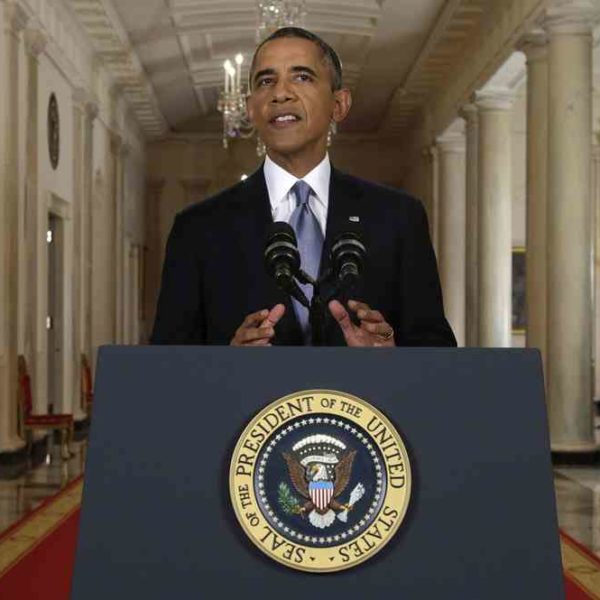
Last night in his second national address on the global response to the use of chemical weapons in Syria, President Obama asserted: “If we fail to act, the Assad regime will see no reason to stop using chemical weapons. . . . As the ban against these weapons erodes, other tyrants will have no reason to think twice about acquiring poison gas and using them.”

During the late 1920s, as the world economy careened headlong toward an economic disaster that would soon befall it, a group of European thinkers and critics steeped in both German idealism and Marxist activism converged on Frankfurt, Germany to provide identity and notoriety for the recently established Institute for Social Research at the university there.
Within time, the assemblage of now famous philosophers and cultural theorists associated with the institute, such as Juergen Habermas, Max Horkheimer, Walter Benjamin, Herbert Marcuse, and Erich Fromm, came to be known as the Frankfurter Schule (“Frankfurt School”).
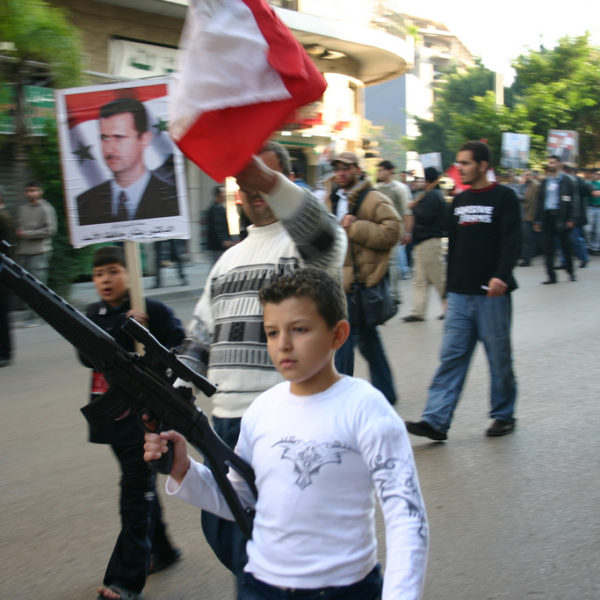
It is impossible for me to watch the footage of the children killed by chemical weapons in Syria without feeling a lack of coherence with the world. We were not meant for this. They … they were not meant for this. Their parents were not meant for this. The world was not meant for this. Breath, the source of life, was turned against these children. Their lungs were filled with death.
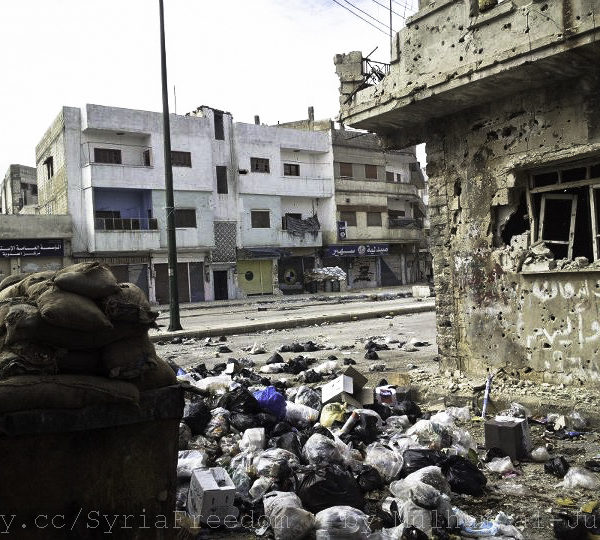
In his When War Is Unjust: Being Honest in Just-War Thinking, theologian John Howard Yoder asks, “Can the criteria function in such a way that in a particular case a specified cause, or a specified means, or a specified strategy or tactical move could be excluded? Can the response ever be ‘no’?” (Orbis 1996, p. 3) In my judgment, the present crisis in Syria is indeed a particular case where a just war response is “no.”
